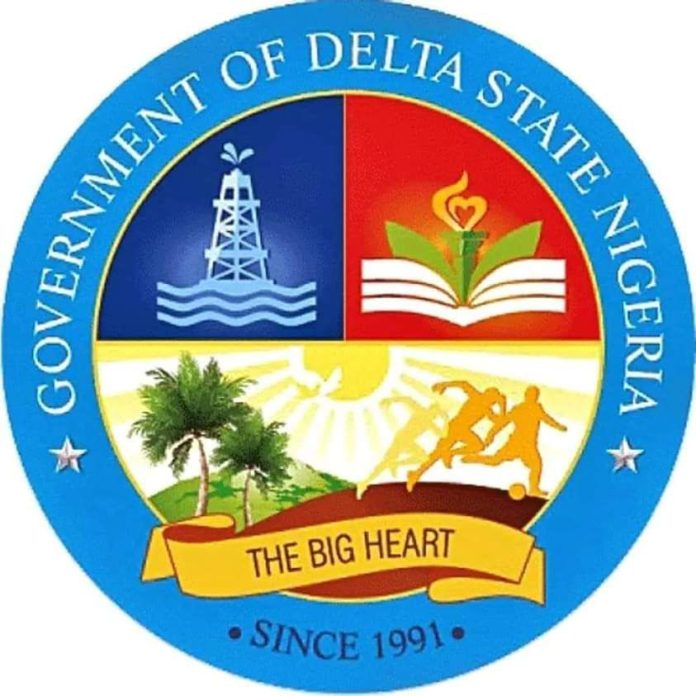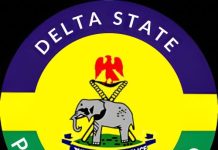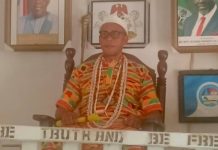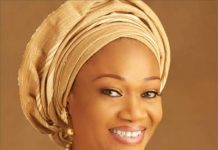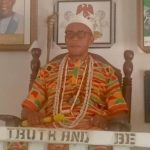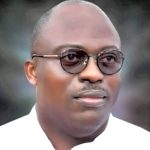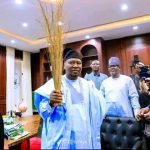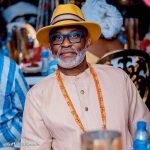By Shedrack Onitsha,
Over the past 16 years, successive PDP-led administrations in Delta State have consistently cited the state’s debt profile as a reason for their inability to fulfill campaign promises, diverting attention from the poor governance and lack of tangible development.
Each new government has adopted the narrative of “mountainous debt” inherited from their predecessors, a convenient excuse for the poor leadership that has plagued the state for over two decades.
When Governor Emmanuel Uduaghan succeeded Chief James Onanefe Ibori in 2007, having served in Ibori’s administration as Commissioner and Secretary to the State Government, he blamed his government’s failures on the debts supposedly incurred for infrastructural development under Ibori.
Ironically, Uduaghan was a key beneficiary of that era, yet he spent his eight years in office lamenting the burden of servicing these debts. This resulted in widespread infrastructure decay across the state.
The only significant projects linked to his administration were the substandard flyover bridge at Effurun Roundabout, the ill-equipped Delta State Teaching Hospital at Oghara, and the downgrading of the Asaba International Airport.
Despite billions being spent by the Okowa administration on the airport’s upgrade, it was ultimately sold at a giveaway price to cronies of the Governor Okowa.
Uduaghan’s other legacy includes abandoned viewing centres in major towns, now home to reptiles, which are symbolic of his administration’s lack of foresight.
Upon assuming office in 2015, Governor Ifeanyi Okowa perpetuated this narrative, blaming the state’s financial woes on his predecessors, while citing the drop in crude oil prices and a national recession.
The administration’s slogan of “Prosperity for All Deltans” quickly gave way to the local mantra “Ego Ara,” signaling a shift to financial austerity. However, as revenues increased, the same debt servicing rhetoric was revived, with Okowa’s government claiming the state’s debt had ballooned to around ₦650 billion.
Despite these claims, there was little scrutiny of the figures. Deltans accepted the narrative, while the Okowa government continued its alleged mismanagement, using state funds for inflated projects such as the new state Secretariat Complex.
Originally awarded for ₦13 billion, the project eventually consumed over ₦45 billion, reportedly awarded to a company connected to the governor’s brother-in-law. Other projects, including the Ughelli, Ozoro, Kwale, and Asaba road dualizations, as well as the Asaba International Spare Parts Market, became conduits for further looting of state resources.
After eight years, Okowa’s administration is largely remembered for the Secretariat Complex, the establishment of three new universities, and the facelift given to Asaba, notably the Koka Junction flyover. Yet, his legacy is tainted by massive debt accumulation.
Ironically, much of the debt, including the controversial ₦120 billion bridging finance loan, was approved by the current governor, Sheriff Oborevwori, then Speaker of the Delta State House of Assembly.
Allegations abound that these funds were diverted to finance Okowa’s failed vice-presidential bid, a claim repeatedly made by APC governorship candidate, Senator Ovie Omo-Agege, but largely dismissed as political rhetoric.
Now, under Governor Oborevwori, Delta State finds itself once again in a debt crisis. With over ₦516 billion allocated to the state in the last year, excluding internally generated revenue, there is little to show for it.
The government’s claim of spending ₦130 billion to service debts is widely seen as a ploy by a corrupt political cabal to continue their lavish lifestyles while siphoning state resources.
The lack of transparency has only fueled public distrust. Delta State has yet to publish any audited annual financial reports verified by certified auditing firms, leaving citizens to question the true state of the State Debt Profile.
Critical stakeholders are calling for greater accountability, urging Governor Oborevwori-led government to substantiate his debt reduction claims by releasing audited reports.
Until such transparency is achieved, the people of Delta State will continue to bear the brunt of poor governance and financial mismanagement, trapped in a cycle of recycled excuses and squandered opportunities.
Even if all things fails, one thing I am sure of is that “Ukodo Go Reach All Deltans”!
Comrade Shedrack Onitsha, A Journalist, writes from Ughelli.

